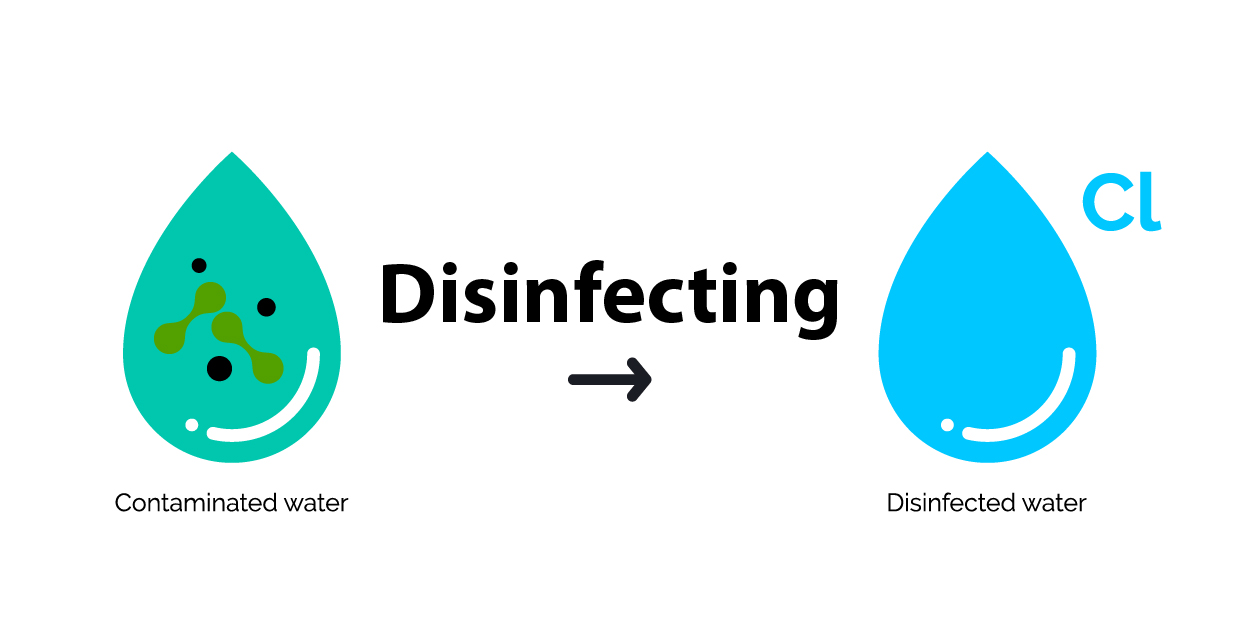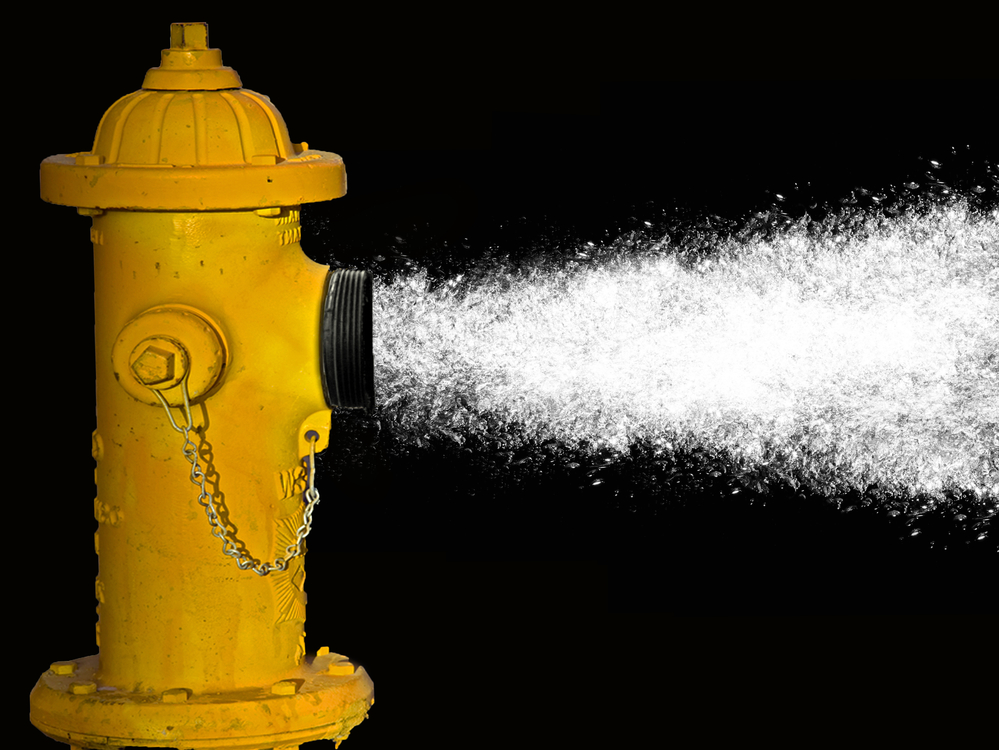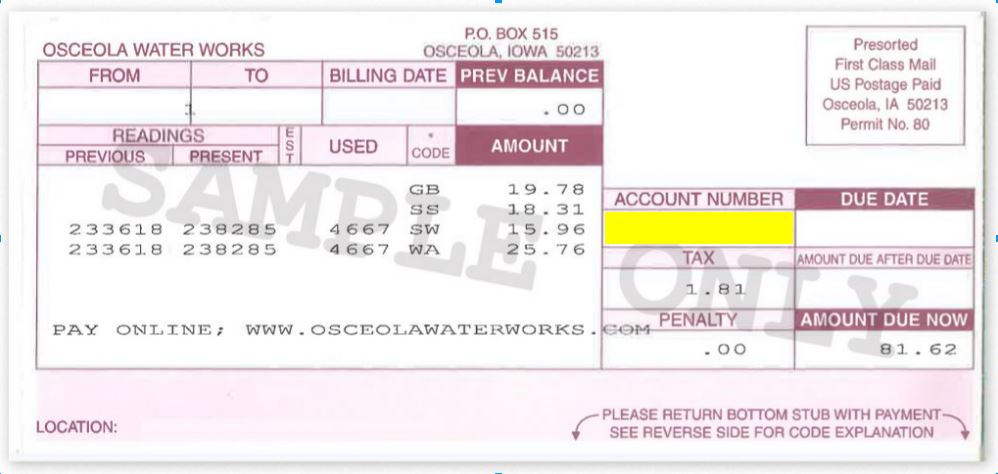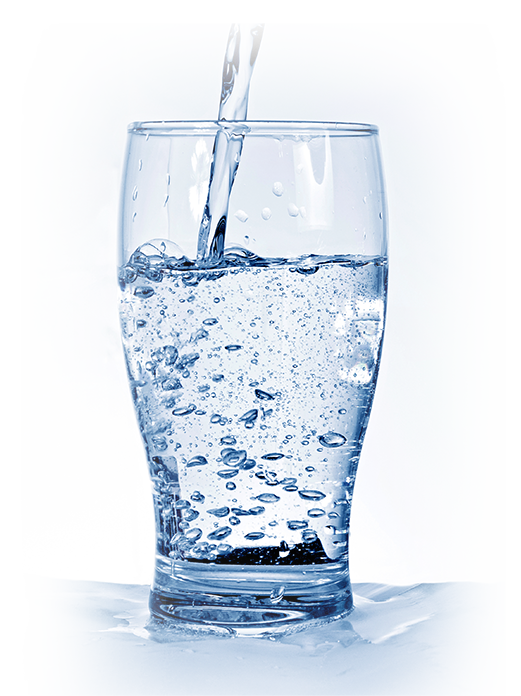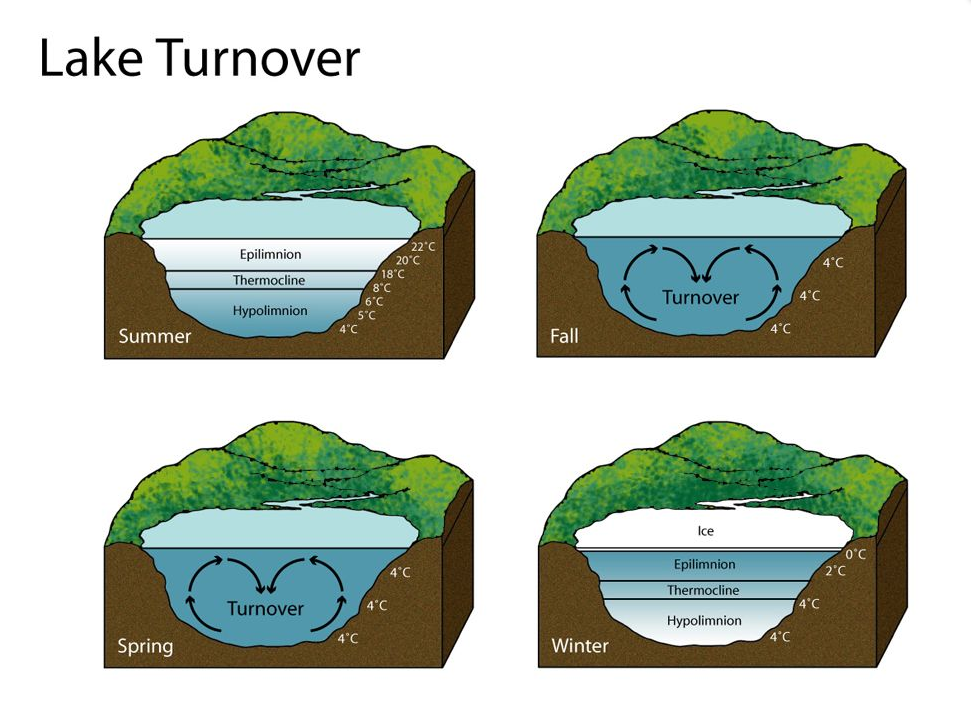With the lower levels of water in West Lake, quality challenges have become more apparent and require a change in the disinfection process. To help mitigate bacteria and other issues at lower levels in West Lake, a free-chlorine disinfection process will begin.
Click through to learn what you can do about the changes in your water…
More from My Water Works →